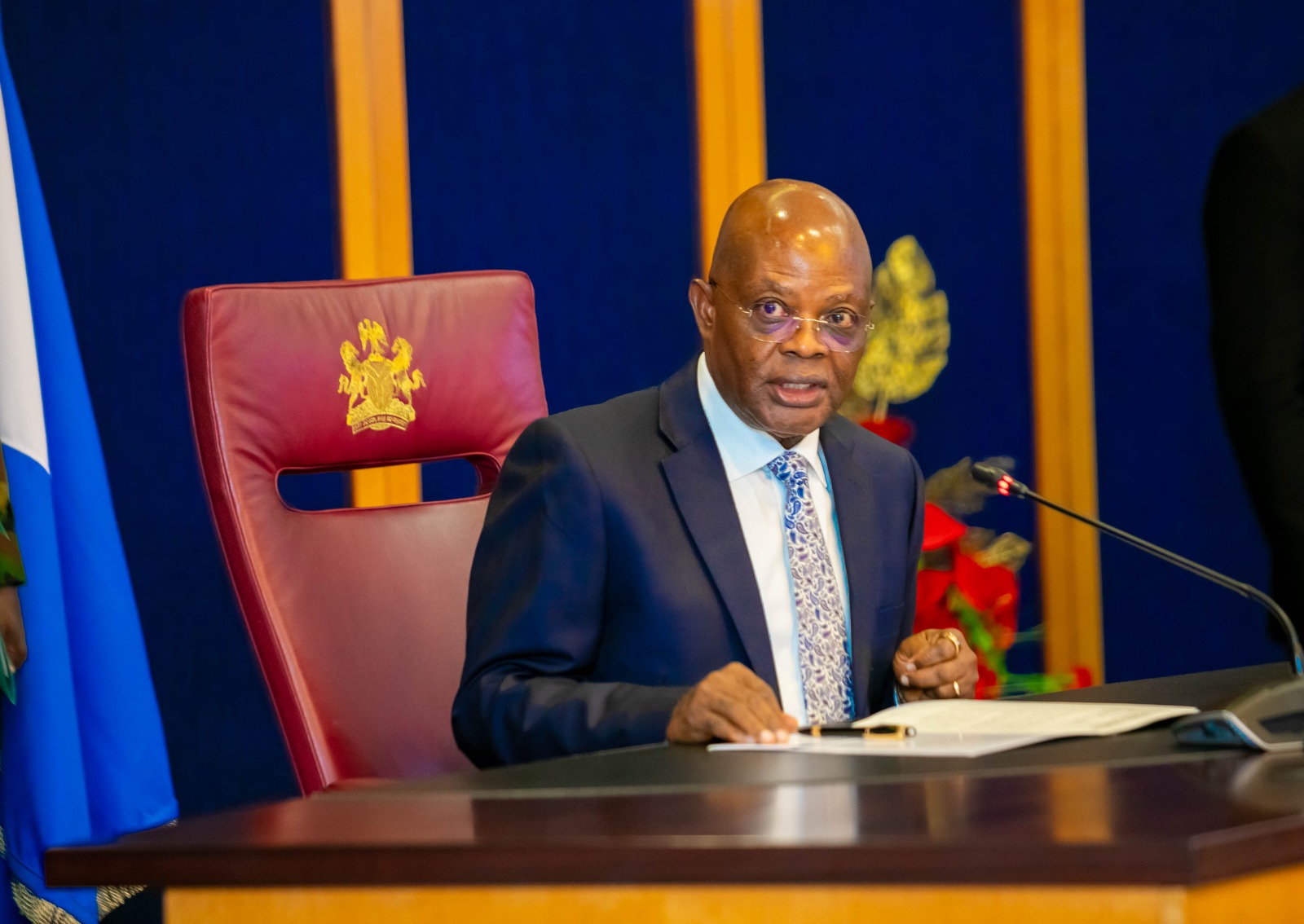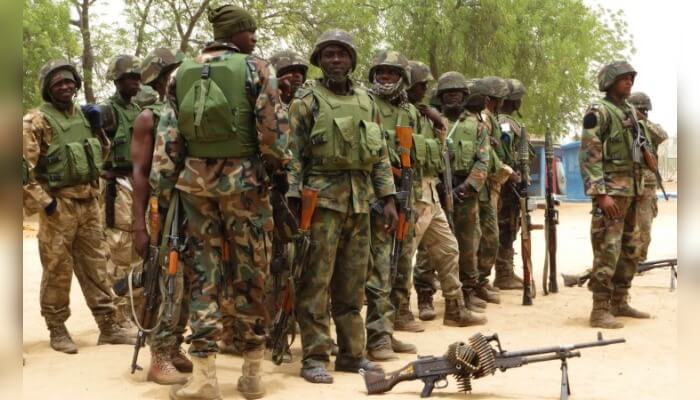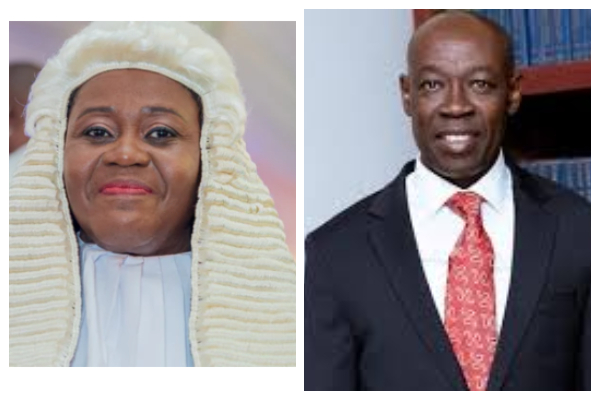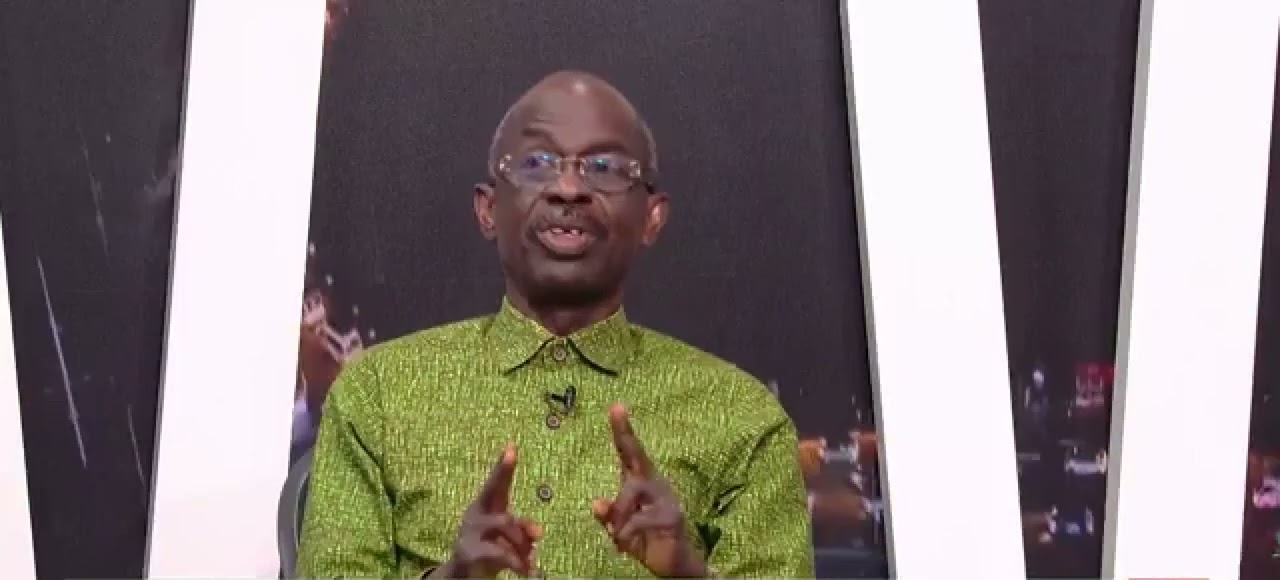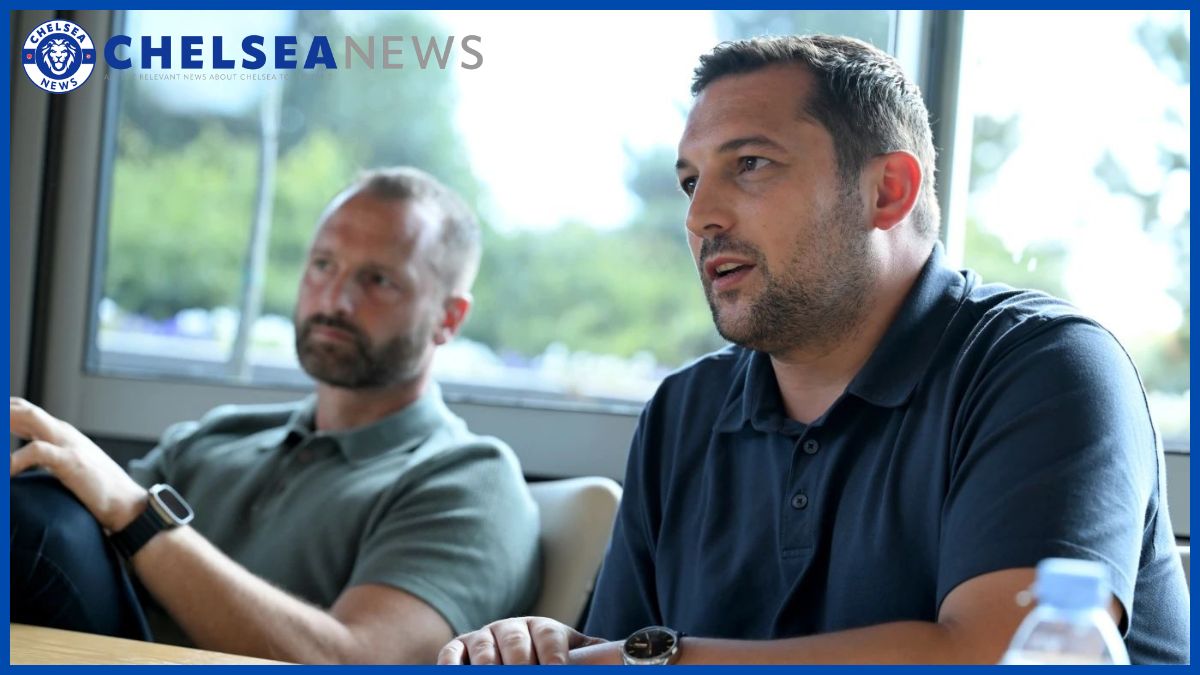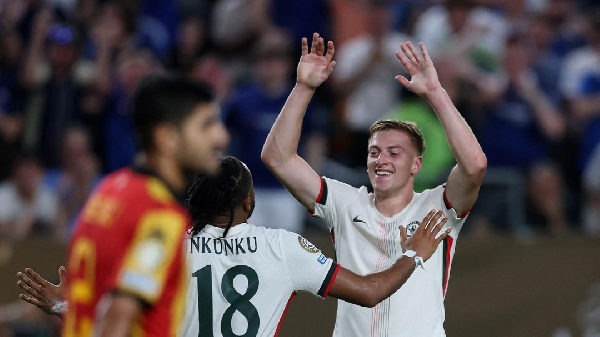All 4 Brazilian clubs advance at Club World Cup. One is guaranteed to make the quarterfinals - Hindustan Times
SAO PAULO — One clear and unexpected force has surged as the group stage of the Club World Cup comes to a close: Brazil.

Flamengo, Palmeiras, Botafogo and Fluminense — all Copa Libertadores winners in recent years — all advanced to the second round. All offered tough competition to the powerful European clubs, and all have excited tens of millions of fans at home.
There’s renewed hope for Brazilian fans after years of defeats against European teams in FIFA competitions.
Flamengo and Palmeiras topped their groups — Flamengo stunned Chelsea 3-1 to be the first team to qualify for the knockout rounds. Botafogo, which shocked Champions League winner Paris Saint-Germain, and Fluminense qualified in second place.
"Our first objective was the Round-of-16, but that isn’t the end objective,” Fluminense midfielder Jhon Arias said Wednesday after a 0-0 draw with South Africa's Mamelodi Sundowns. All four clubs from Brazil have similar expectations for the knockout stage.
Botafogo and Palmeiras will face off Saturday, a game which guarantees at least one Brazilian club a spot in the quarterfinals. Flamengo takes on Bayern Munich on Sunday. Fluminense will face either River Plate, Inter Milan, or Monterrey.
Corinthians was the last Brazilian club to win the world club title, beating Chelsea in 2012. That tournament format was much smaller than the current 32-team competition which features clubs from five continents.
Copa Libertadores champion Botafogo produced the biggest group-stage upset with the June 19 win over PSG. Before that encounter, Brazilian fans and soccer pundits expected the French club to bulldoze the carioca side, which has had ups and downs this year.
“Botafogo was the team that best defended against us in the entire season,” PSG coach Luis Enrique said. “They deserved it.”
Two factors have helped Brazilian clubs: they're halfway through their season, unlike the European clubs which have finished, and they're familiar with the kind of heat that has blanketed the tournament.
Still, Brazilian coaches, executives, players and fans weren't showing much optimism before the tournament began. That has also changed, as Flamengo fans showed in Philadelphia by chanting “the time is coming” for Bayern Munich after the German club was confirmed as their next opponent.
“The cemetery of football is full of favorites,” Botafogo coach Renato Paiva said after victory over the European champions. “Almost nobody can openly face PSG. Could I try that? I could, but that was a big risk in a competition of this kind.”
Chelsea coach Enzo Maresca said he wasn't surprised by his team's loss against Flamengo. The Brazilian lineup controlled the match and had nine shots on goal against only four from the English club.
Atletico Madrid's late 1-0 over Botafogo was the only defeat for a Brazilian club in the group stage.
Brazilian teams are so competitive in South America that they have won the past six editions of the Copa Libertadores, including five all-Brazil finals.
Much of that success for Brazilians comes from talent of the rest of South America, as it has happened in the Club World Cup.
The Brazilian league attracts young footballers from across the region before they move elsewhere for money and more prestige. But some choose to stay and grow in a tough league outside of Europe, with up to six serious contenders for the trophy every year.
Flamengo playmaker Giorgián de Arrascaeta is Uruguayan. Botafogo's key player is Venezuela's Jefferson Savarino. Fluminense highly depends on Arias. Palmeiras is trusting more goals will come from Argentina's Flaco López. And none of those have ever played in Europe.
“Many good things in all history that happen in football come from South America," Manchester City coach Pep Guardiola said Sunday. “The greatest players come from there.”
Brazil has also brought in several Portuguese coaches, with success. Paiva took over Botafogo from his countryman Arthur Jorge. And Abel Ferreira has won almost every title with Palmeiras since he joined the club in 2020. That has also made Brazilian clubs more competitive.
“I am very proud to be in Brazil. I had many chances to leave and I did not,” Ferreira said at the start of the tournament.
Asked how big the gap is between his team and European clubs, Ferreira said: “It is minimal. We have to compete.”
The knockout stage of the Club World Cup will tell whether he is right.
soccer: /hub/soccer

